-

Tilmicosin CAS:108050-54-0 Manufacturer Price
Tilmicosin feed grade is a veterinary antibiotic used in feed to control and treat respiratory diseases in animals, particularly cattle and poultry. It belongs to the macrolide antibiotic class and has a broad spectrum of activity against various bacteria, including Mycoplasma spp., Pasteurella spp., and Haemophilus spp. Tilmicosin works by inhibiting the bacterial protein synthesis, thereby preventing the growth and reproduction of the bacteria responsible for respiratory infections. Its administration in feed allows for convenient and uniform distribution to a large number of animals. However, it is important to follow proper dosage guidelines and withdrawal periods to ensure the safety of animal products intended for human consumption.
-
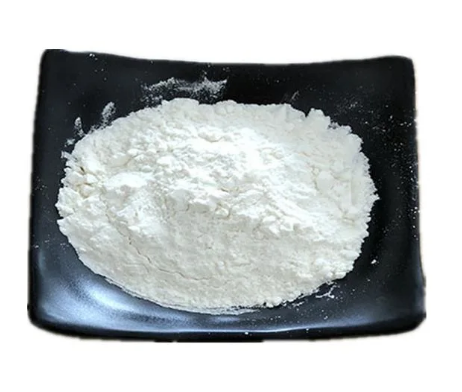
Capsaicin CAS:404-86-4 Manufacturer Price
Capsaicin feed grade is a powdered form of capsaicin, the active compound found in chili peppers. It is specifically formulated for use in animal feed. Capsaicin feed grade is known for its ability to promote feed intake and improve overall animal performance. It stimulates the taste buds and increases saliva production, which enhances appetite and encourages animals to eat more.
-
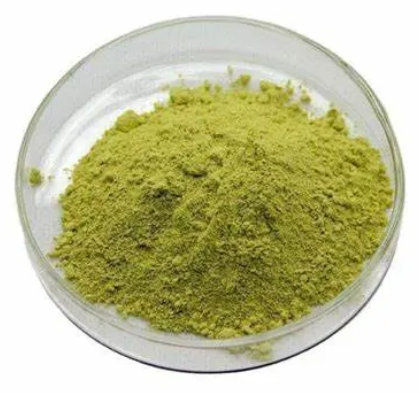
Rutin CAS:153-18-4 Manufacturer Price
Rutin feed grade is a natural feed additive derived from plants, primarily found in sources like buckwheat, citrus fruits, and tea leaves. It offers antioxidant, anti-inflammatory, cardiovascular support, immune system enhancement, and gut health benefits to animals. It can be included in the diets of various species including poultry, swine, cattle, and aquaculture. Rutin feed grade helps improve overall animal health and performance.
-
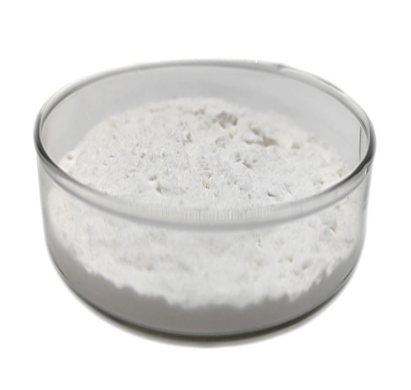
Betaine Anhydrous CAS:107-43-7 Manufacturer Price
Betaine Anhydrous feed grade is a supplement used in animal feed to improve digestion, enhance growth performance, mitigate stress, and boost immune function. Derived from beet molasses or sugar beets, it contains high levels of betaine, a compound that aids in nutrient metabolism and utilization. By supporting optimal nutrient absorption, betaine helps animals grow and develop better, while also enhancing their resistance to stress and diseases.
-
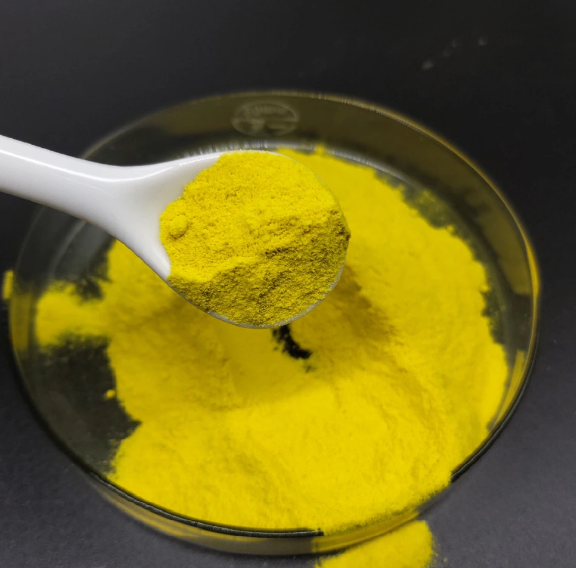
Oxytetracycline HCL/Base CAS:2058-46-0
Oxytetracycline hydrochloride feed grade is an antibiotic feed additive commonly used in livestock and poultry production. It belongs to the tetracycline group of antibiotics and is effective against a broad range of bacteria, including both Gram-positive and Gram-negative species.
When added to animal feed, oxytetracycline hydrochloride helps control and prevent bacterial infections in animals. It works by inhibiting bacterial protein synthesis, thereby slowing down or stopping the growth of susceptible bacteria.
Oxytetracycline hydrochloride can be used to treat respiratory and intestinal infections, as well as other bacterial diseases in animals. It is particularly effective against some common pathogens that cause respiratory diseases, such as Pasteurella, Mycoplasma, and Haemophilus.
-
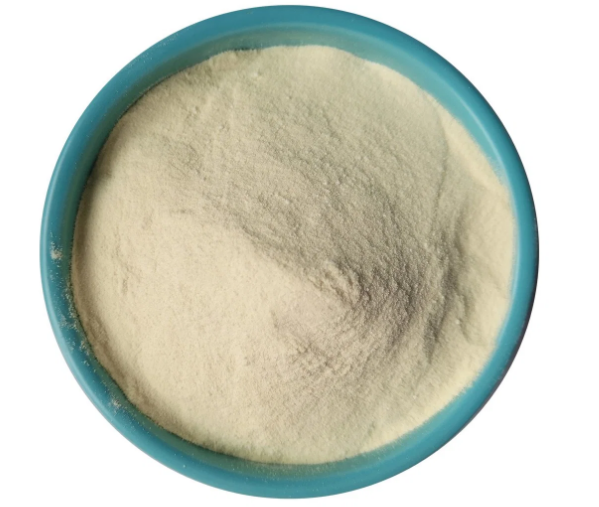
Diclazuril CAS:101831-37-2 Manufacturer Price
Diclazuril is a feed-grade antiparasitic drug that is commonly used in animal production to control and prevent coccidiosis. Coccidiosis is a parasitic infection caused by protozoa, specifically coccidia, which can affect the digestive system of animals such as poultry and livestock.
Diclazuril works by inhibiting the development of coccidia, preventing their reproduction and ultimately reducing the severity of coccidiosis. It is highly effective against a wide range of coccidia species and has a long duration of action, allowing for sustained protection.
-
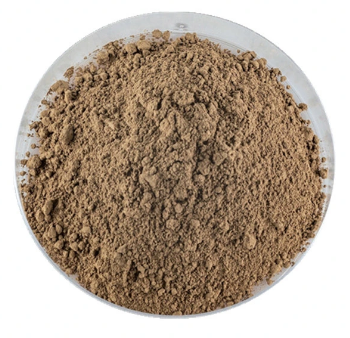
Tribulus CAS:90131-68-3 Manufacturer Price
Tribulus feed grade is a natural supplement derived from the Tribulus terrestris plant that is commonly used as a feed additive in animal nutrition. It is known for its potential effects on enhancing reproductive health, improving muscle growth, and boosting performance in animals. Tribulus feed grade contains bioactive compounds, such as steroidal saponins and flavonoids, which may support hormonal balance, increase testosterone levels, and improve overall vitality in animals.
-
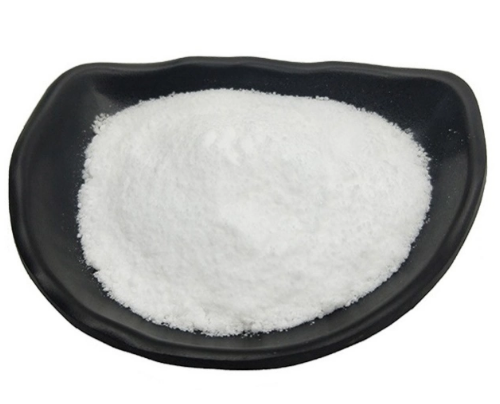
Betaine HCl CAS:590-46-5 Manufacturer Price
Betaine HCL feed grade is a supplement specifically designed for animals in the agricultural and livestock industries. It is a highly purified form of betaine hydrochloride, a compound derived from the amino acid glycine. This feed grade supplement is used to promote better digestion and nutrient absorption in animals, particularly in their stomachs and intestines. It helps in optimizing the pH levels in the animal’s digestive tract, supporting proper enzyme activation and overall digestive function. Betaine HCL feed grade can benefit animals by improving feed efficiency, enhancing nutrient utilization, and ultimately supporting their overall health and growth.
-
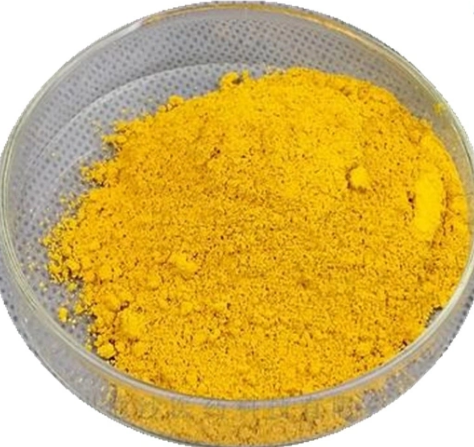
Vitamin K3 CAS:58-27-5 Manufacturer Price
Vitamin K3 feed grade, also known as menadione sodium bisulfite or MSB, is a synthetic form of vitamin K. It is commonly used as a supplement in animal feed to support blood coagulation, bone health, immune system function, and gut health. It helps animals maintain proper blood clotting, supports bone formation, acts as an antioxidant, enhances immune response, and potentially improves digestion and nutrient absorption. Vitamin K3 feed grade is added to animal feed formulations at the recommended dosage based on species, age, weight, and nutritional requirements. It contributes to the overall health and well-being of animals.
-

Triclabendazole CAS:68786-66-3 Manufacturer Price
Triclabendazole feed grade is a specialized type of triclabendazole formulated for use in animal feed. It is an anthelmintic agent used to control and treat liver fluke infections in ruminant animals, such as cattle and sheep. Triclabendazole feed grade is administered in the feed, making it convenient and efficient for dosing animals. It is highly effective against liver flukes and is used for both treatment and prevention purposes. Proper veterinary supervision and adherence to dosage guidelines are essential when using triclabendazole feed grade.
-
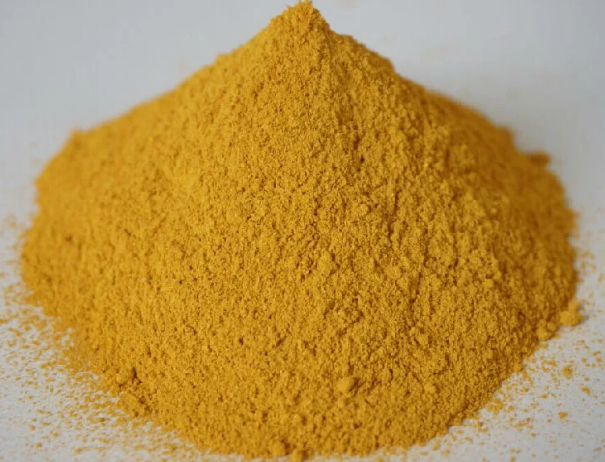
Folic Acid CAS:59-30-3 Manufacturer Price
Folic acid feed grade is a synthetic form of the B-vitamin folate. It is commonly used as a feed additive in animal nutrition to support various physiological functions. Folic acid plays a crucial role in DNA synthesis, cell division, and the production of red blood cells. It is essential for growth, reproduction, and overall metabolism in animals. Folic acid feed grade can improve nutrient utilization, enhance immune function, and promote healthy development in livestock and poultry. It is typically included in animal feed formulations at appropriate levels to meet the dietary requirements of different species.
-
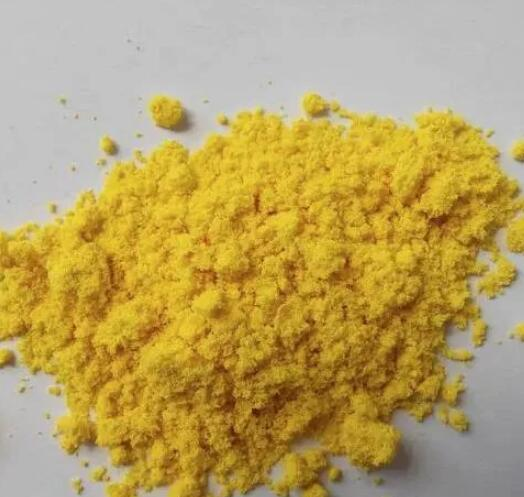
Niclosamide CAS:50-65-7 Manufacturer Price
Niclosamide feed grade is a veterinary drug used as an anthelmintic (anti-parasitic) agent in animal feed. It is effective against a variety of parasites, including tapeworms and flukes. Niclosamide works by interfering with the energy metabolism of these parasites, leading to their paralysis and elimination from the animal’s system. It is commonly incorporated into animal feed to provide convenient and consistent administration to the entire herd or flock. Proper dosage and administration should be followed based on the specific needs of the animal species and the severity of the parasite infection. Regular monitoring and proper management practices are important to maintain animal health and prevent re-infection.

